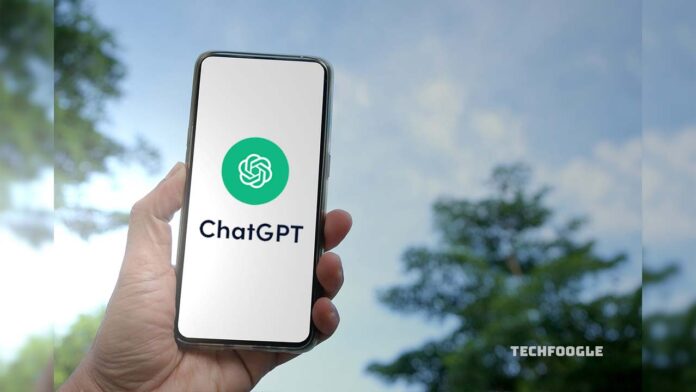OpenAI’s much-anticipated developer conference recently made waves with major announcements, introducing the groundbreaking GPT-4 Turbo model and the versatile GPTs. The promise of immediate API access and additional functionalities had the community buzzing with excitement. However, amidst the anticipation, ChatGPT, OpenAI’s renowned language model, faced an unexpected and significant outage, believed to be the result of a Distributed Denial-of-Service (DDoS) attack.
Table of Contents
ChatGPT’s Battle with DDoS
On November 8, operational challenges surfaced for ChatGPT, culminating in a large-scale outage by day’s end. OpenAI’s Status dashboard revealed ongoing “periodic outages across ChatGPT and the API,” attributed to an abnormal traffic pattern indicative of a DDoS attack. OpenAI promptly addressed the issue, stating, “We are dealing with periodic outages due to an abnormal traffic pattern reflective of a DDoS attack,” and assured users of their commitment to minimize disruptions.
Decoding DDoS Assaults
A DDoS assault involves hostile actors overwhelming servers with massive incoming traffic from various sources, bringing the entire service to a standstill. OpenAI is actively working to find a solution to this cyber-attack, the first of its kind to disrupt ChatGPT’s services. As the organization grapples with high traffic, delays in implementing GPTs for subscribers are inevitable.
CEO Sam Altman’s Assurance
In response to the crisis, OpenAI CEO Sam Altman took to Twitter, expressing the initial plan to launch GPTs for all subscribers on Monday but acknowledging the unforeseen delay. He stated, “We were planning to go live with GPTs for all subscribers Monday but haven’t been able to. We’re aiming to do so shortly,” underscoring the ongoing challenges due to high traffic.
Navigating the Storm: Ongoing Improvements
OpenAI remains proactive in implementing improvements to restore the ChatGPT service. Users experiencing difficulties accessing ChatGPT are encouraged to explore alternative options temporarily. Among these, Google Bard stands out as a commendable choice for those seeking a similar language model experience during ChatGPT’s downtime.
Writing Style: A Human Touch
In delivering this information, the narrative adopts an informal tone, using personal pronouns, active voice, and engaging the reader with simplicity and brevity. Analogies and metaphors are strategically woven to enhance the reader’s understanding of the situation.
Conclusion
In conclusion, the unexpected DDoS attack has posed challenges for ChatGPT, but OpenAI is actively addressing the situation. The commitment to providing a seamless experience for users remains unwavering, and improvements are underway to overcome the disruptions.












